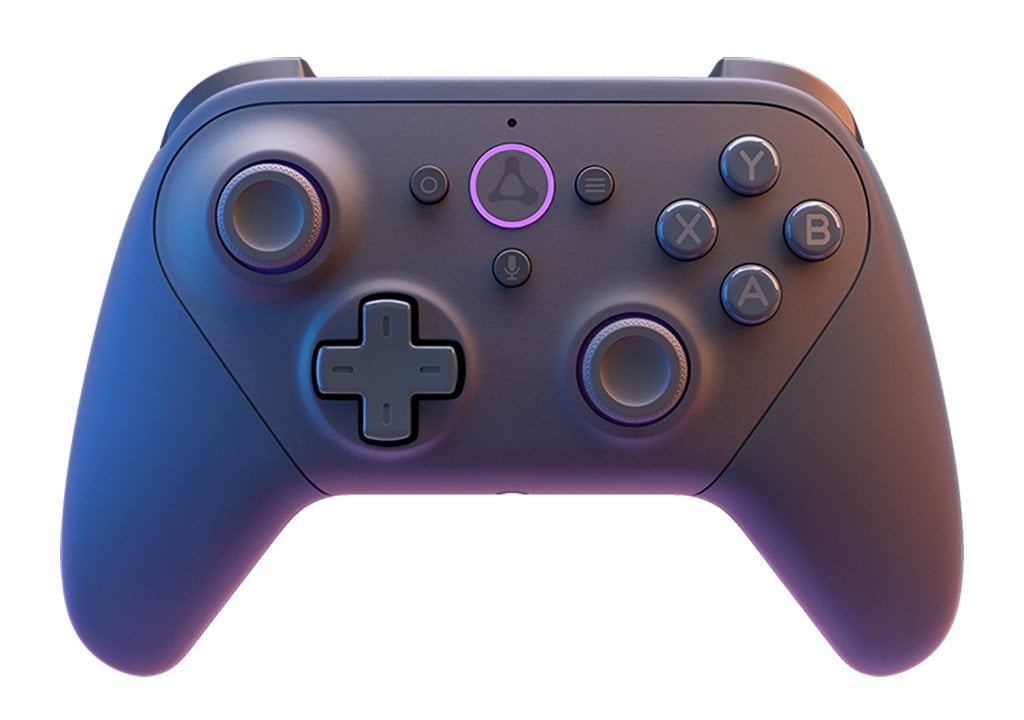Amazon Luna, the "satellite TV" of cloud gaming?

Yesterday's announcement was actually a bit confusing. Basically, Amazon presented Luna, the official controller available for $ 49, and the Luna Plus service, which at least initially will require $ 5.99 per month. It also expressed itself on some details related to the availability of its platform, at first present only in the US, on the inevitable integration with Twitch (which Amazon owns) and on a handful of games from some publishers, including Capcom and Ubisoft. All this, for now, at 1080p and 60fps, with the goal of 4K and 60fps achievable in the near future.
In the following hours, however, the Amazon executives have leaked some extra details. From what has been said, Luna will give individual publishers the opportunity to open thematic "channels". Ubisoft, EA or Activision, for example, could open their own, choose a monthly price to be requested from users and put their entire catalog inside. A bit like satellite TV, the single player will be able to build his schedule one piece at a time, thus creating a subscription tailored around his needs.
In all of this, it is still unclear how Luna Plus will fit in: will it allow smaller publishers and independent developers to end up under one hat? Will it simply give access to games that Amazon will secure through individual agreements? To get this type of response we will probably have to wait a little bit. There remains interest in a "third way" compared to the one chosen by Stadia, which still aims to sell single games at full price, and that of xCloud and the Game Pass, entirely curated by Microsoft and based on a single subscription.
Amazon will try to speak, through Luna Plus, to individual players directly, but above all it will agree with publishers to offer a flexible ecosystem made up of libraries dedicated to individual producers and, perhaps, thematic. Sports, RPG, shooters and so on. There are infinite possibilities, at the moment also a large number of question marks that will be slowly dissolved in the coming months. The desire to be both a publisher and a service provider leaves two distinct paths open: in the first Amazon has yet to prove that it is a credible player, in the second it is already a protagonist with its AWS - Amazon Web Services. The video game streaming market is small today, in its infancy, but the quantity and entity of the protagonists who are investing in it suggests that many see it as the future. We'll see which model wins out over the others.